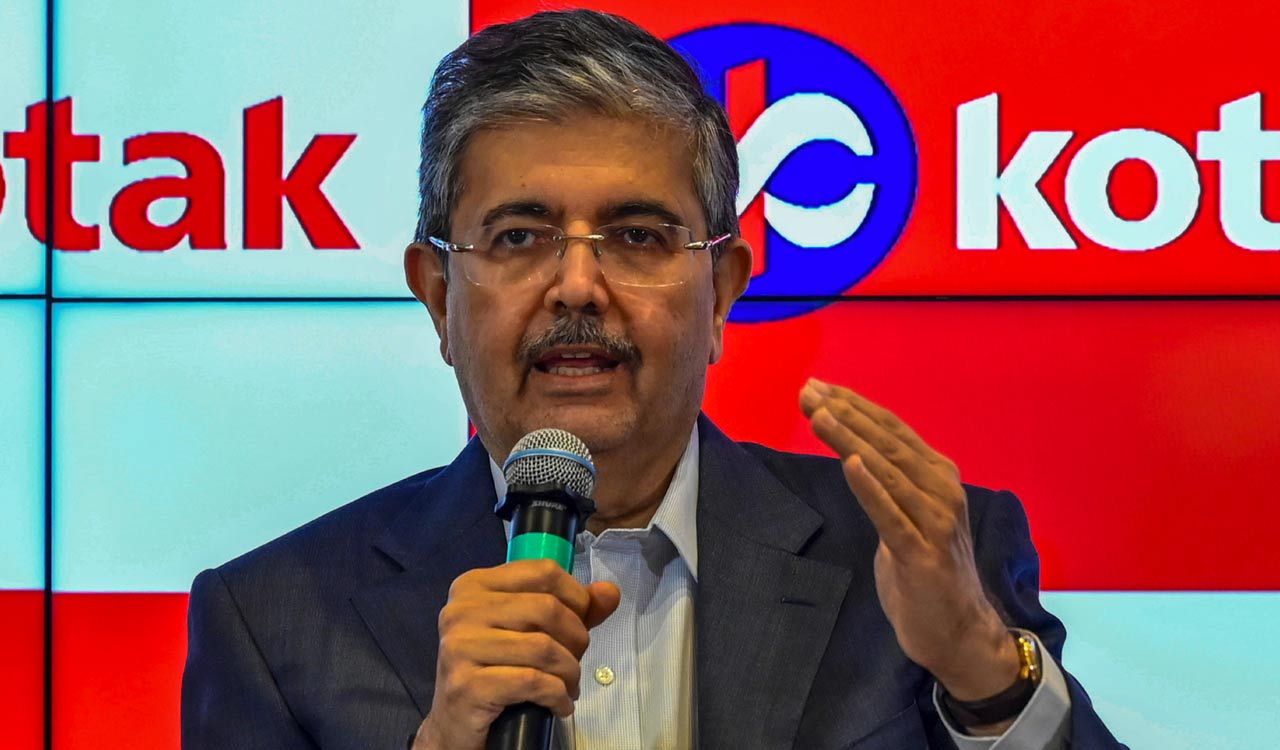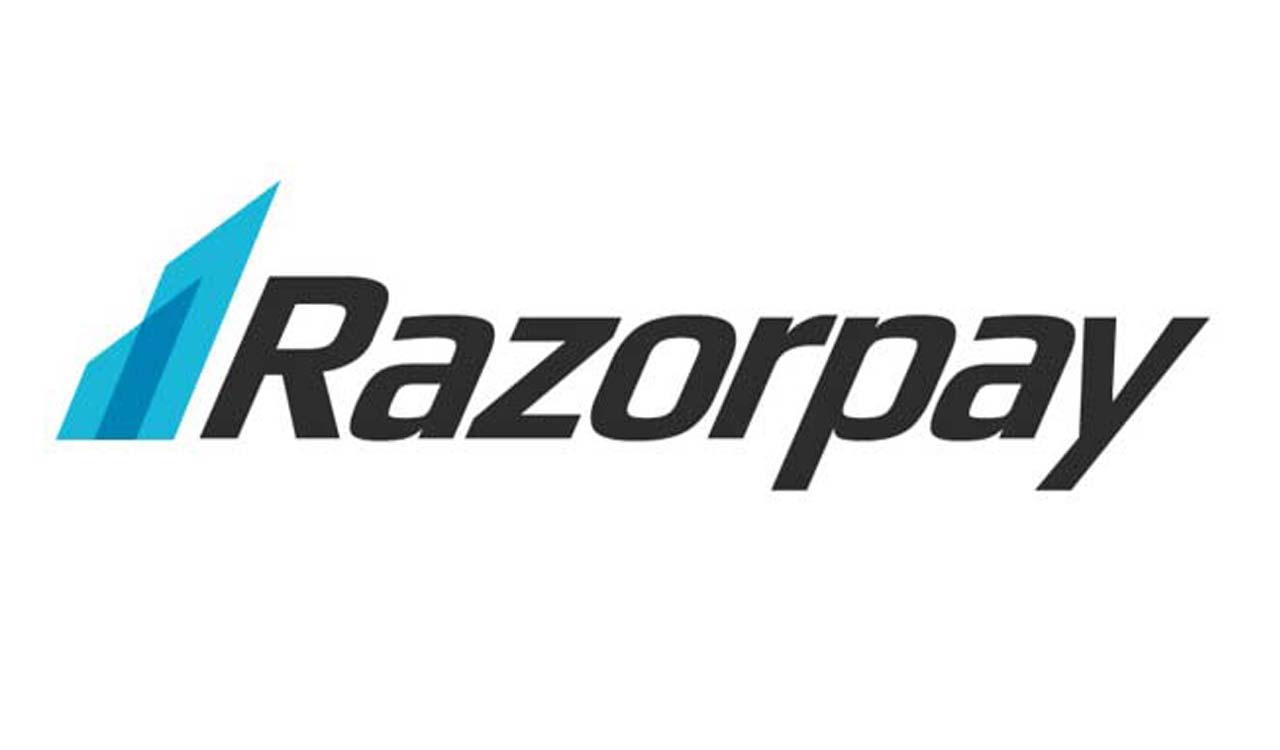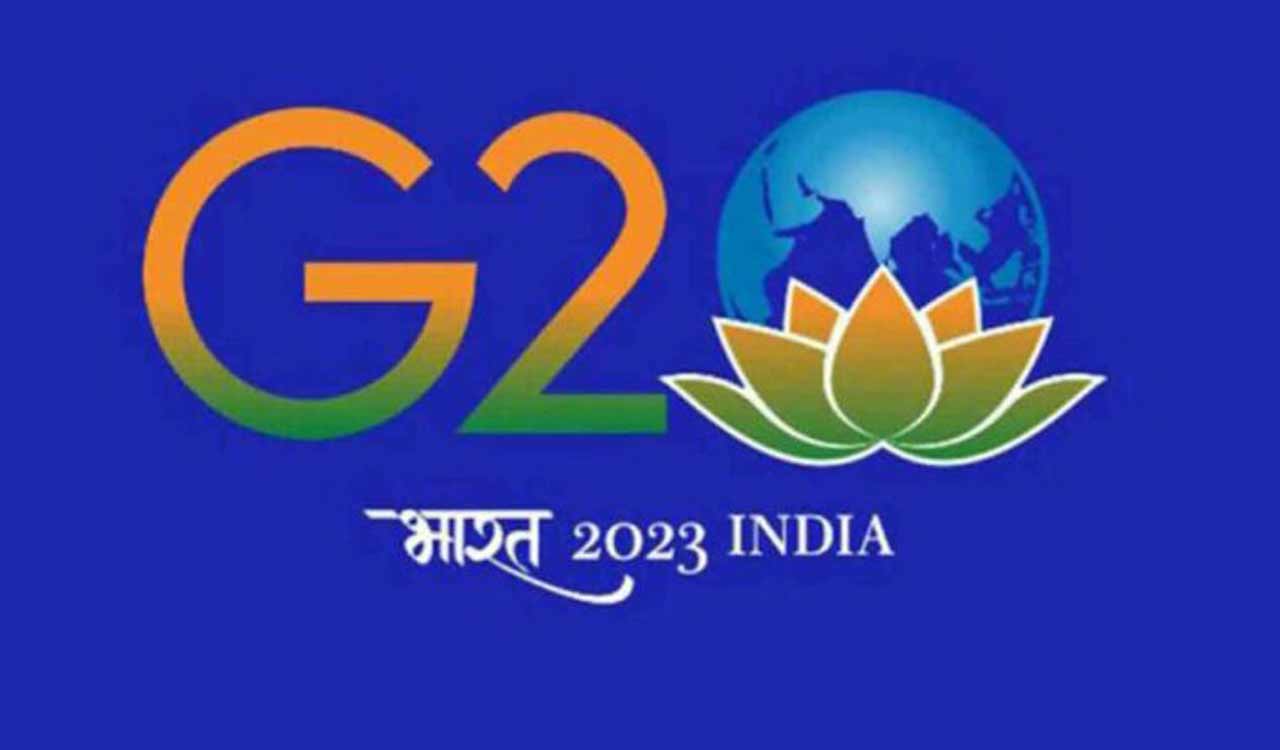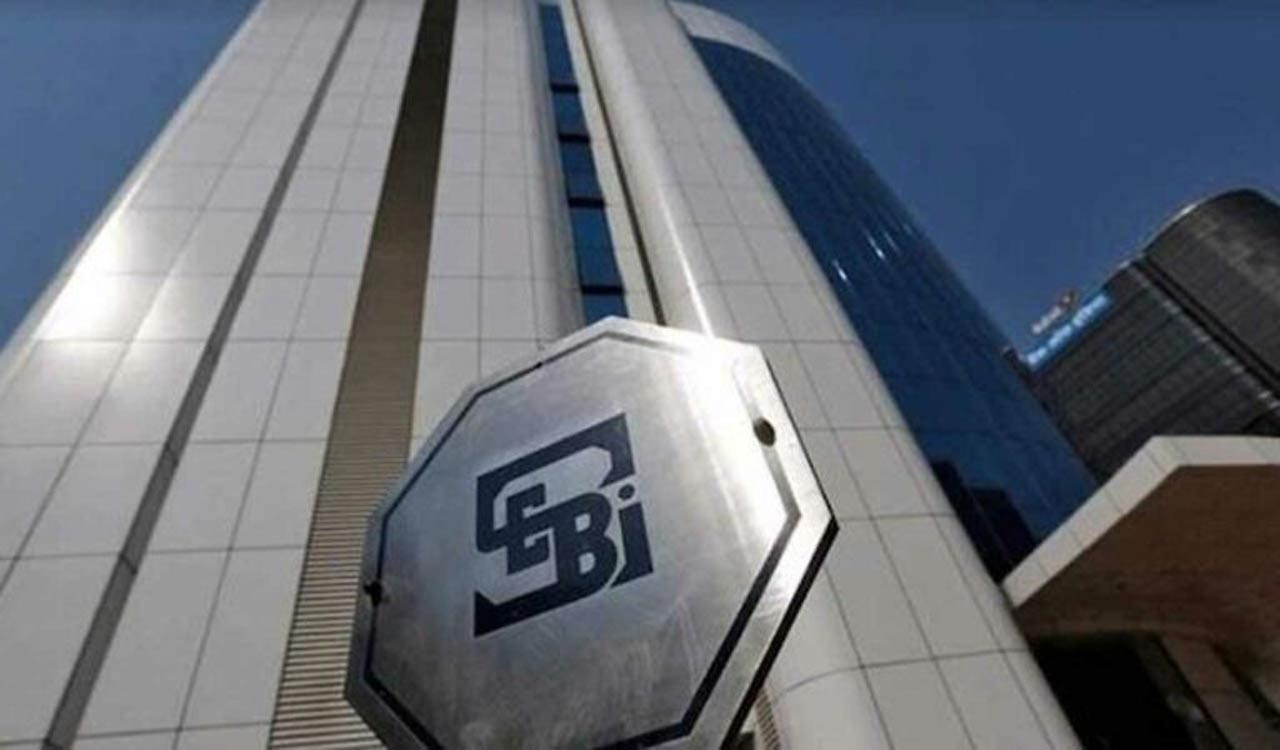Kotak, whose holding in the bank stands at 26 per cent, has become a non-executive director of the bank
Published Date – 08:43 PM, Sat – 2 September 23

Uday Kotak resigned as the managing director and chief executive officer of Kotak Mahindra Bank, the bank said in a stock exchange filing on Saturday. (PTI Photo)
New Delhi: Uday Kotak, the founder and promoter of Kotak Mahindra Bank, has resigned as Managing Director and CEO of the private sector lender three months ahead of Reserve Bank’s deadline.
He has ceased to be the Managing Director & CEO of the bank, with effect from September 1, 2023, on account of his resignation considered at the bank’s board meeting held on Saturday.
Kotak, whose holding in the bank stands at 26 per cent, has become a non-executive director of the bank, Kotak Mahindra Bank said in a regulatory filing on Saturday.
As per the regulatory mandate restricting a managing director and chief executive’s term to 15 years, the board of the bank had earlier this year decided to appoint Uday Kotak as the non-executive director after his current term ends in December.
As an interim arrangement, Dipak Gupta, the Joint Managing Director, will carry out the duties of the Managing Director & CEO until December 31, 2023, subject to the approval of the Reserve Bank of India and the members of the bank, it said.
Taking to microblogging site X formerly Twitter, Kotak said, “Succession at Kotak Mahindra Bank has been foremost on my mind, since our Chairman, myself and Joint MD are all required to step down by year-end. I am keen to ensure smooth transition by sequencing these departures. I initiate this process now and step down voluntarily as CEO.” The bank awaits RBI approval of the proposed successor who would take charge from January 1, 2024, Kotak, who has been MD and CEO of the bank since its inception, said.
“As Founder, I am deeply attached to brand Kotak and will continue to serve the institution as Non-Executive Director and significant shareholder. We have an outstanding management team to carry the legacy forward. Founders go away, but the institution flourishes into perpetuity,” he said.
A long time ago, he said, “I saw names like JP Morgan and Goldman Sachs dominate the financial world and dreamed of creating such an institution in India. It is with this dream that I started Kotak Mahindra 38 years ago, with 3 employees in a 300 sqft office in Fort, Mumbai. I have deeply cherished every bit of this memorable journey, living my dream.”
Kotak Mahindra Bank is now a pre-eminent bank and financial institution, created on the basic tenets of trust and transparency, he said.
“We have created value for our stakeholders and provide over 1 lakh direct jobs. An investment of Rs 10,000 with us in 1985 would be worth around Rs 300 crore today. I am confident that this Indian-owned institution will continue to play an even more important role in India’s transformation into a social and economic powerhouse,” he said.
Kotak Mahindra Bank is among the few large private sector banks to have prominent promoter shareholders.
Kotak, in a handwritten message to the bank’s Chairman Prakash Apte attached on X, said it is now time to move on and the decision to resign three months ahead of the expiry of his term is with the view to sequencing this process from a transition and stability perspective.
Incidentally, the term of the bank’s Chairman is also coming to an end on December 31, 2023.
In the recent past, the bank has taken various measures fortifying the institution and making it future-ready, the handwritten letter said, adding, these include steps taken to ensure its financial stability and strengthening the risk matrix, he said in a three-page resignation letter.
“I stand in a lonely place of being a founder, promoter and significant shareholder of this great institution. It also bears our family name and carries that as its brand. The institution that we have together built stands for purpose, trust and integrity. I am committed as a stakeholder to see this institution sustain and grow,” he said.
In these changing times, he said, “I envision an India leading the world in the years ahead. I am confident that this majorly Indian-owned institution will play an important role in India’s destiny. As new leaders take over, I look forward to my new role as a non-executive director, a role entrusted to one by the Board and an overwhelming majority of the shareholders …the Bank.”
As per a July 21 media report, the banking industry regulator was peeved at certain utterances of Uday Kotak recently.
In his letter to shareholders, Kotak expressed concerns about the impact of over-regulation on entrepreneurial spirit.
“I feel the financial sector players risk becoming more robotic, curbing the entrepreneurial flair since the fear of making a mistake overrides the joy of creation and development. While we need ‘Arjuna’s eye’ on risk management, we must prevent bureaucratisation of financial services,” Uday Kotak had written.
KVS Manian, who is also in the running to succeed Uday, had said that his role in the bank will be decided on merit.























